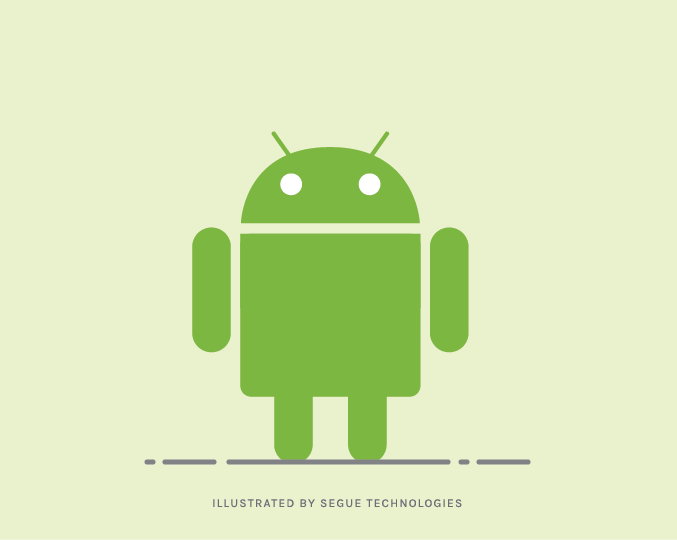It’s that time again. Google I/O, Google’s annual developer conference, wrapped up in San Francisco last week. This year’s conference was really all about giving us some insight into where Google is going, and getting developers, designers, and Google’s partners ready for what’s coming.

At Wednesday’s nearly three hour long keynote we were given a barrage of product announcements, including, but not limited to:
- Numbers: Android is now #1 in phones & #1 in tablets. Chromebooks hold the top spots for laptop sales on Amazon, and the Chromecast is a best seller.
- Android One: A turnkey platform for OEMs to develop inexpensive but seriously good Android devices specifically for emerging markets, with updates straight from Google. With one billion active users of Android, they want to bring the next billion people into the Google ecosystem.
- Android Wear: Previously available only as a software preview, Google announced the release of two smart watches from LG and Samsung, available in the Google Play Store, and an enhanced Android Wear SDK.
- Android Auto: A phone-based connected car platform that’s designed to help alleviate distracted driving.
- Android TV: Coming this fall, on TVs and set-top boxes, this is real Android with a “Leanback” launcher.
- Android Apps on Chrome OS: in a future version Chrome OS users will be able to run native Android applications as part of their chrome desktop.
- Materials Design: A new design language that’s responsive by nature and gives a common look and feel to mobile and web apps.
- Android L: The next version of Android, due out this fall, is for the first time receiving an advanced developer release. There are over 5,000 API changes in this release, making it the biggest change in Android history. Changes include such things as USB audio support, Bluetooth 4.1 support, replacing the Dalvik runtime with ART, project volta (tools for identifying and fixing battery drain), a new camera API that supports raw capture, support for the new Materials Design, enhanced notifications, and a lot more under the hood.
- Chromecast: Coming soon, the ability to cast the screen from your Android device to the Chromecast with very low latency – perfect for demoing apps!
- Android Enterprise Enhancements: Through a donation from Samsung, Knox is going to become an official part of the core of Android.
- Native Office: Google’s web-based document and spreadsheet editors have gained the ability to natively edit Microsoft Office formats, with no conversion necessary.
There are a few really interesting things from my perspective as a developer. First, virtually all of these announcements were Android related. The web has really taken a back seat, echoing the overall industry trend of “mobile first”. Secondly, and somewhat uncharacteristically of Google, there was a lot of visibility into the work Google’s putting into it’s platforms and their direction for the future. Overall, it seems Android is destined for every screen, with a single app working seamlessly across all of them.
To watch the keynote or any of the technical sessions for yourself, visit http://www.google.com/io.